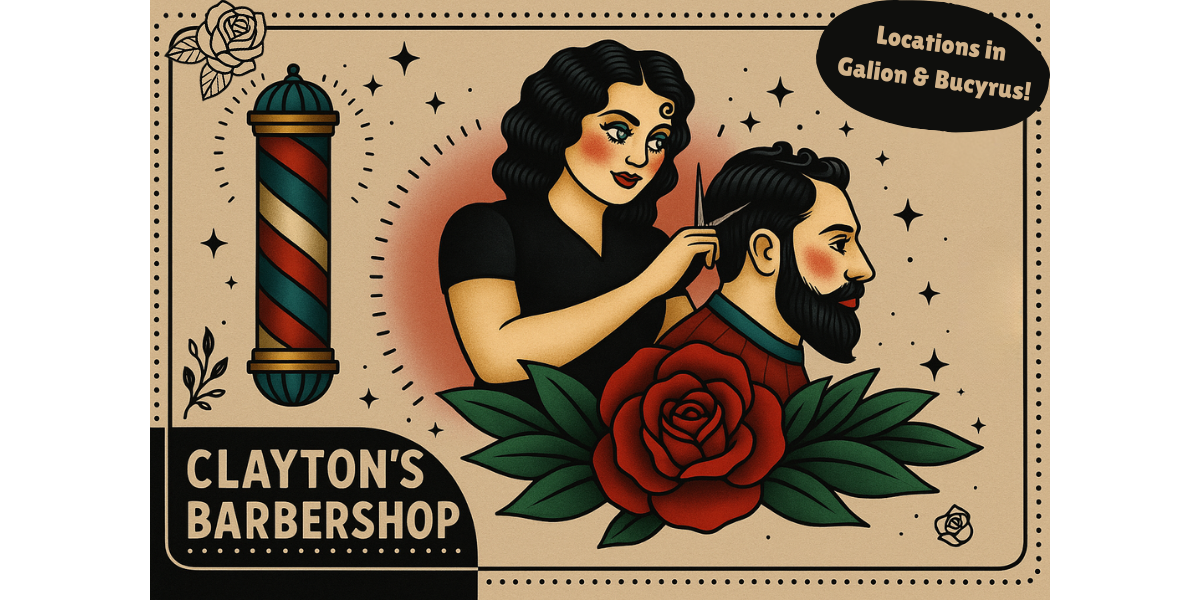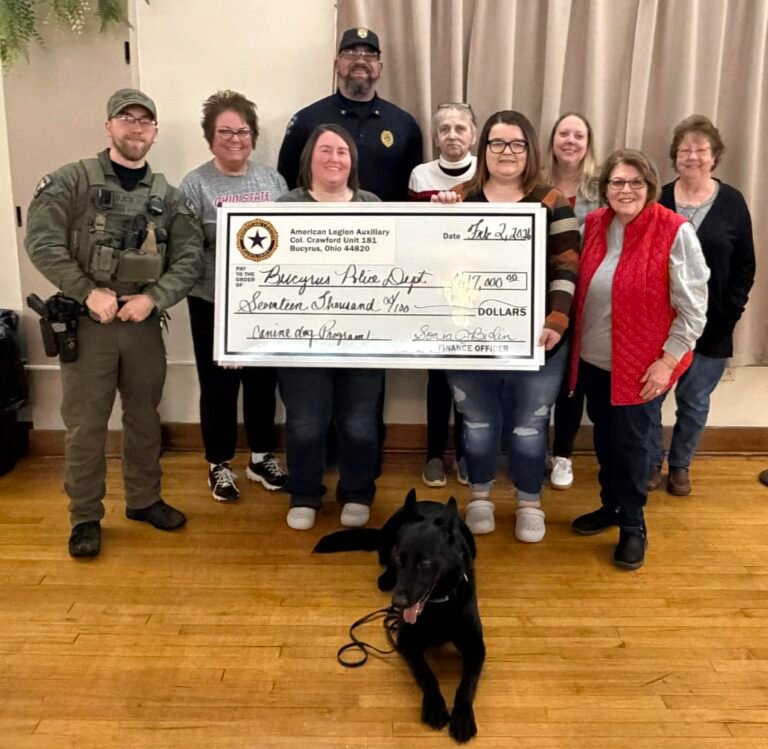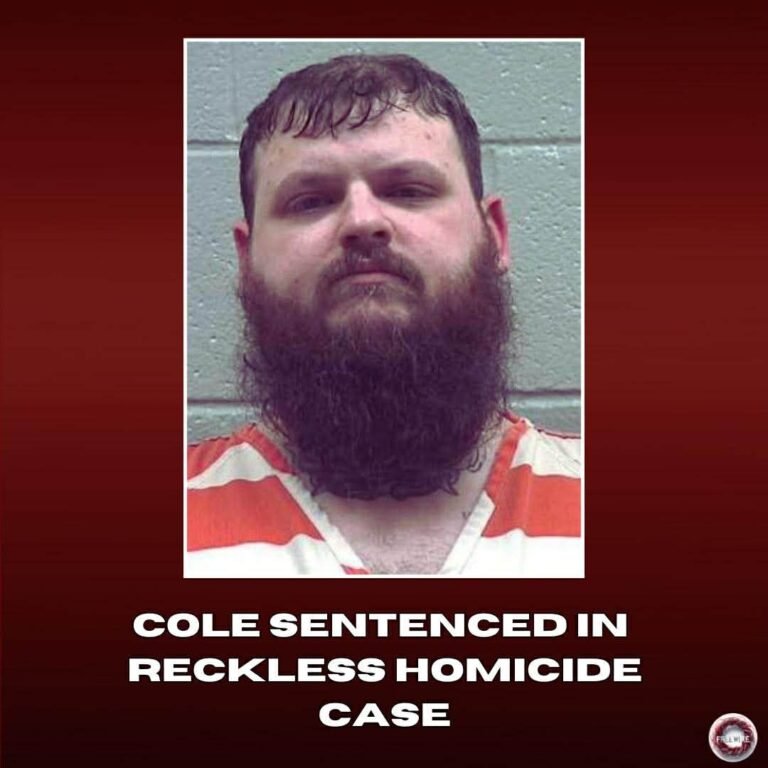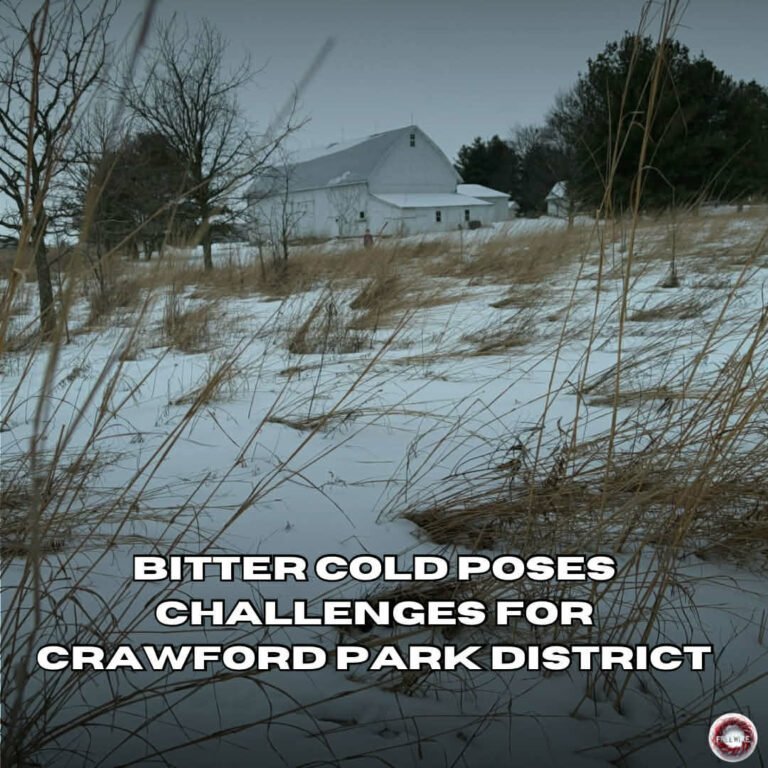By Logan Andrew, Editor-in-Chief, FreeWire

When news broke this week that Fantasy Land West — or “Dirty 30,” as it’s long been called — was raided in a prostitution sting, the reaction online was fast and, in many cases, pretty cruel.
People didn’t ask questions. They cracked jokes. They turned real lives into punchlines. And if I’m being honest, I wasn’t above it either. I made a joke when I first posted about it. It was easy. Low-hanging fruit. But that’s exactly the problem. Because what happened this week isn’t just a story about a local strip club — it’s a story about how we deal with sex, poverty, and the people we’ve already decided aren’t worth understanding.
Sex work has existed for as long as work has. It’s the world’s oldest profession because, whether we like it or not, it fills a demand that’s never gone away. But in this country, we’ve chosen to criminalize it — and with that criminalization comes risk, danger, and shame. When you push something into the shadows, you leave the people involved in it with fewer choices and even fewer protections.
In places like Nevada, where prostitution is legal and regulated, the outcomes look very different. Women aren’t hiding. They aren’t as vulnerable to abuse, and they aren’t as easy to exploit — because the system gives them tools and rights and visibility. When something is legal, it doesn’t have to be secret. And when it’s not secret, it’s a whole lot harder for bad things to happen behind closed doors.
Here in Crawford County, we spent months investigating Fantasy Land West. Deputies from two counties went undercover. Warrants were drawn up. Surveillance equipment was seized. And what did it all amount to? A couple of misdemeanor charges. No felonies. No trafficking ring. Just a few dancers doing what people have always done in a system that offers them few other options.
Lt. Moser, who I spoke with directly, was honest about the situation. He said his department is swamped — with drug cases, with sex crimes, with the kind of investigations that really do involve victims. He told me this wasn’t something they worked every day, because they didn’t have the time. So I have to ask: why are we spending what little time and manpower we do have chasing misdemeanor sex work cases? Is this really the best use of limited law enforcement resources?
If we care about safety, if we care about justice, we need to rethink what we choose to police — and how.
And more than that, we need to rethink how we talk about it. Because the jokes in the comments — the nasty remarks, the smug superiority, the casual cruelty — they weren’t harmless. They were revealing. They showed just how eager people are to humiliate women for the crime of surviving in ways they don’t approve of. They showed how deeply ingrained the shame is around sex, especially when it’s transactional. And they showed how comfortable we’ve all become with laughing at people who are already struggling.
The truth is, not talking about sex work won’t make it go away. Mocking it won’t make us better people. And policing it won’t fix the problems that push people into it in the first place.
We can do better than this. But it starts by facing the uncomfortable things head-on — with honesty, with empathy, and with the humility to admit when we’ve gotten it wrong.
I did. Maybe you did too. The question now is: what do we do with that?




















